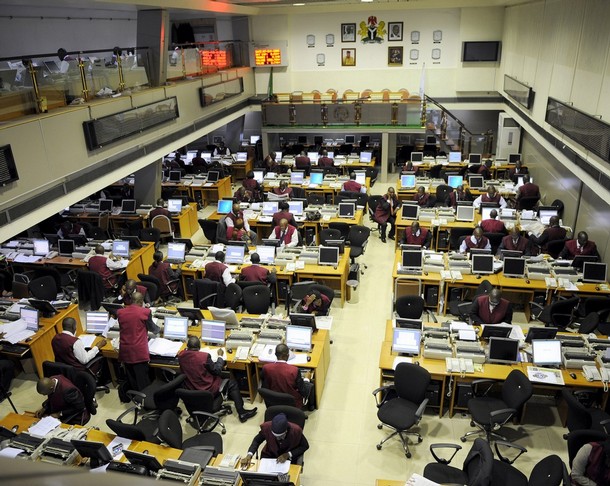As concerns mount over the expulsion of Nigeria by the Egmont Group of Financial Intelligence Units next month, international credit rating agencies are mulling the downgrade of Nigeria’s credit ratings according to international risk analysts.
Since reports surfaced that the Egmont group was going to expel the NFIU from the global body, the ratings agencies have closely monitored the developments in the Nigerian political space, without any significant progress.
The bill to grant financial and operational autonomy to the unit, which has been passed by both legislative chambers, is before the conference committee of the National Assembly, which is required to harmonise the discrepancies in both versions of the legislation. The House of Reps and the Senate held fundamentally different positions on the issue. The Senate argues that the NFIU should be removed and independent of the Economica and Financial Crimes Commission while the House wants the unit to remain under the EFCC but granted financial autonomy.
“The joint committee set up by the National Assembly has finally agreed that the NFIU should be domiciled with the Central Bank of Nigeria,” said International Risk expert, Gareth Milton who suggested a consensus had been reached already.
“Though there are objections to these from some quarters, the reality is that Nigeria cannot risk an alternative option as the Egmont group is unequivocal in its lack of confidence in the EFCC under Mr. Magu.”
Nigeria is running out of options and the worst is yet to be seen, a senior public official seeking anonymity told me. “Any further downgrade of Nigeria’s economic outlook will make things a lot more difficult for Nigerians and this is besides the fact that our international credit cards would be affected.
Ahead of the Buenos Aires meeting between the 2nd and 7th March, it is yet to be seen how Nigeria would beat the deadline.
“The National Assembly must pass this through a voice vote and get it across to the President to assent, the President would have to have appointed a substantive head of the NFIU which would have to be approved by the National Assembly. I don’t know why this is stalling. Can we beat the deadline? Honestly, I don’t think so.”
Recall that the Egmont group, which is a global network of 152 Financial Intelligence Units (FIUs) had earlier suspended Nigeria in July 2017 following the consensus by the members of the group at the 24th plenary of the group in Macao, SAR.
If expelled, Nigeria will suffer a blacklist in the global finance sector and Nigerian Banks will be unable to issue Mastercard and Visa credit/debit cards while card transactions with Nigerian originated cards will be blocked meaning Nigerians cannot do foreign transactions.




 Premier League
Premier League